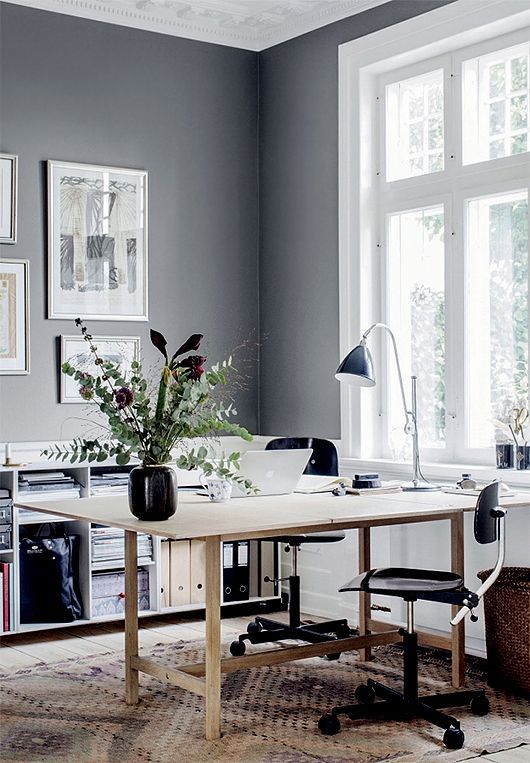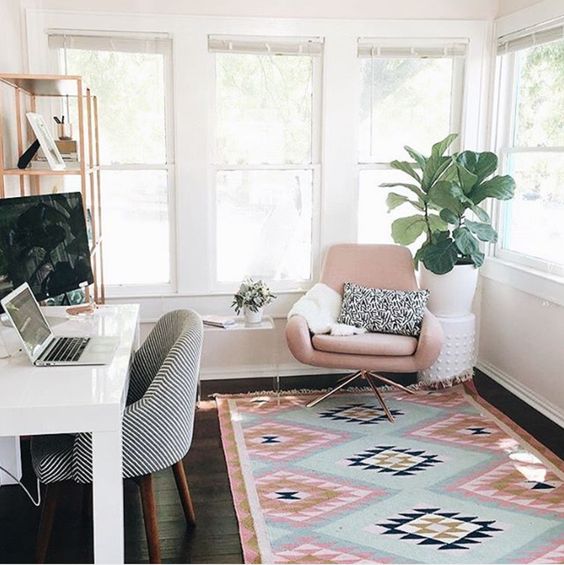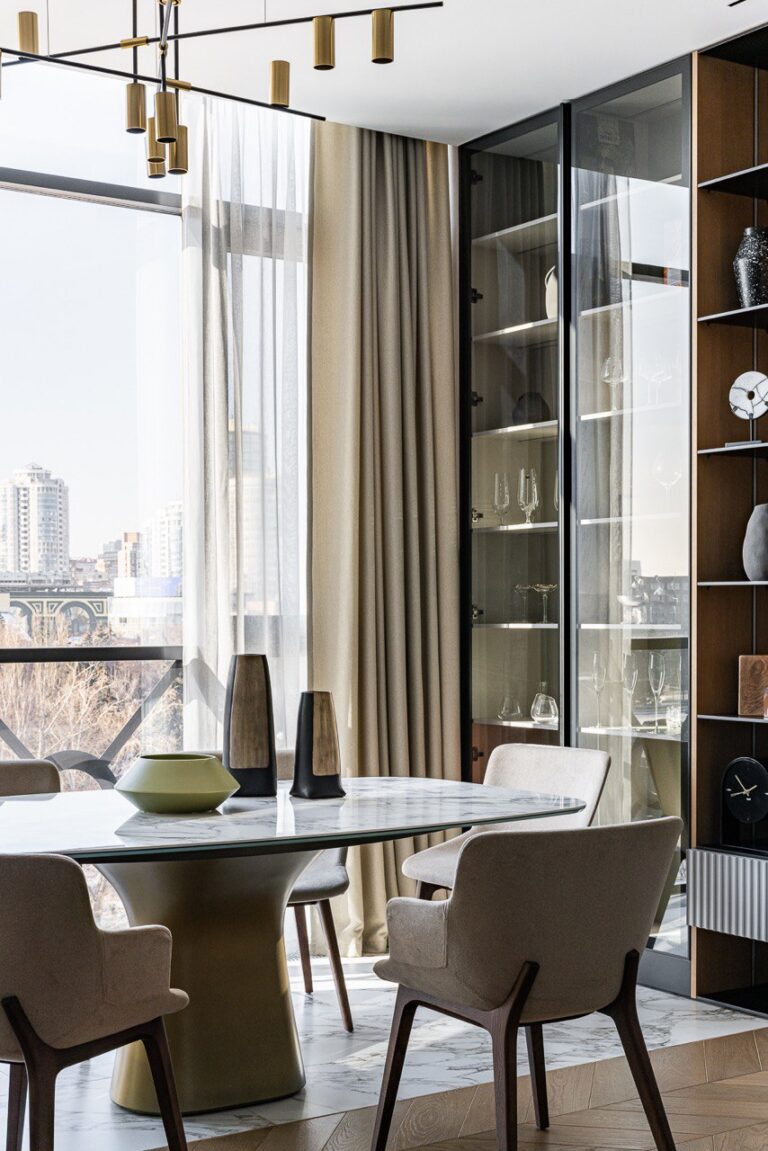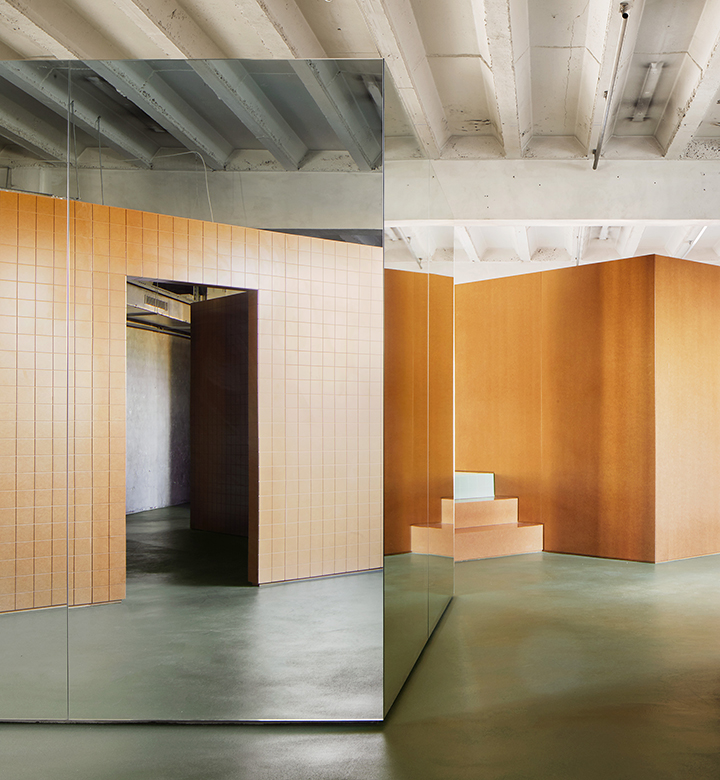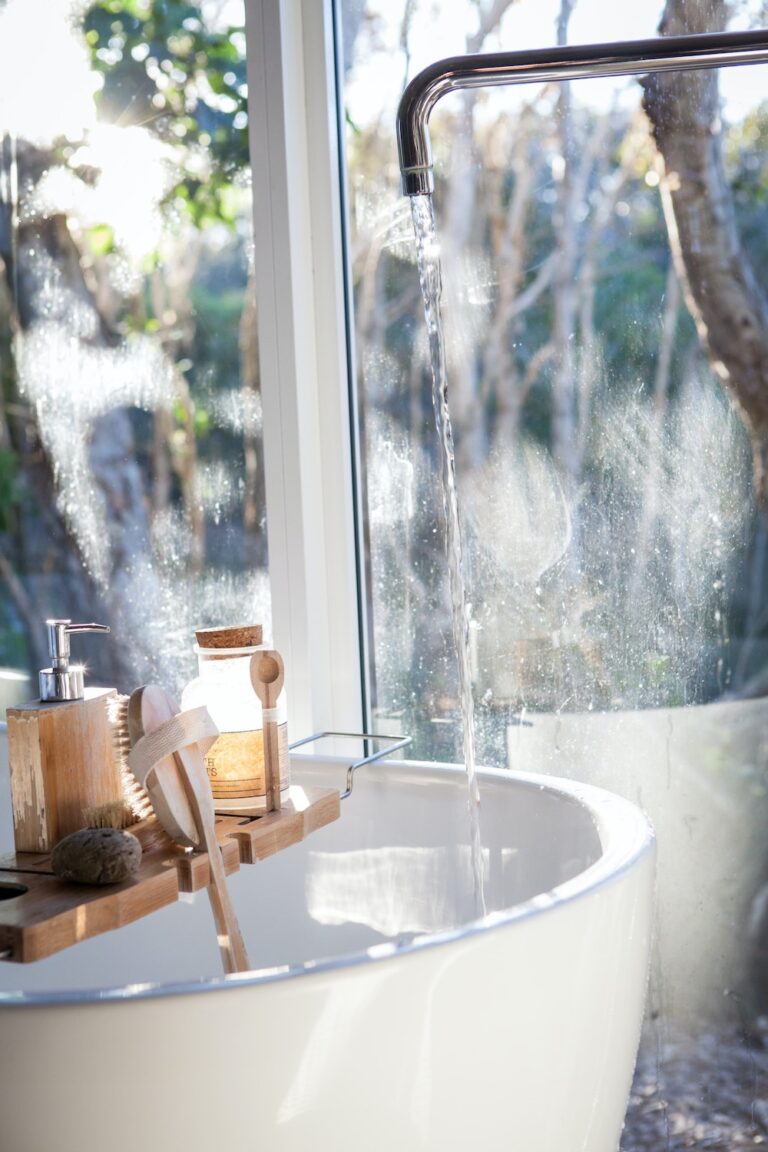I Can’t Hear Myself Think! Creating a Study Environment That Works
Hey, friends!
I feel so excited – I finally submitted today the last project for KLC course – it’s been a loooooong way (I enrolled back in 2012) and many times felt so frustrated that it takes me so long.
Now analyzing my study process, I think it was essential for me to create a perfect environment to be able to focus and make it move faster. So today’s post I want to dedicate to this topic.
Staying in an environment conducive for working or studying may not be achieved that easily. However, experts say that creating the proper study environment leads to better productivity and overall health.
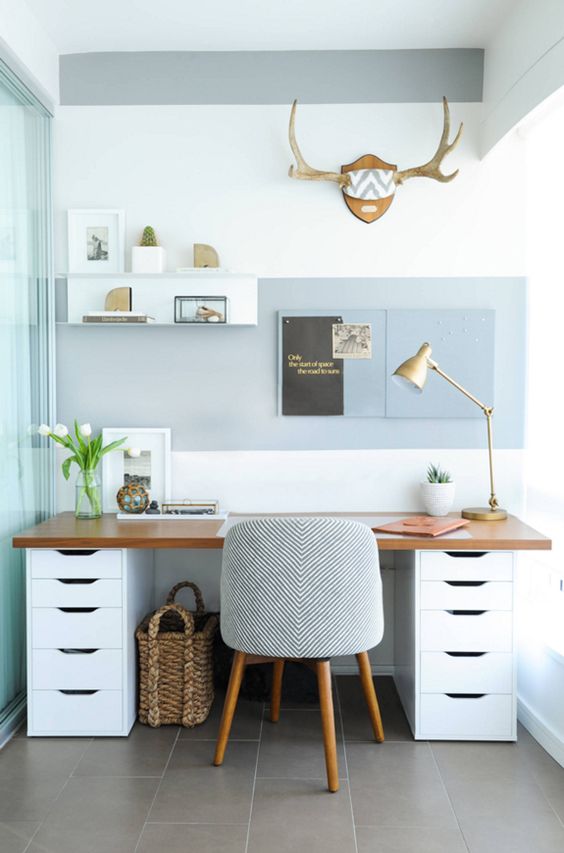
According to the National Institute for Occupational Safety and Health, background noise affects a person’s health by significantly increasing stress level, which may lead to stress-related conditions such as coronary disease, high blood pressure and migraine. Continued exposure does not make a person immune to the noise, but instead worsens the effects. It is safe to say that more noise causes stress to aggravate.
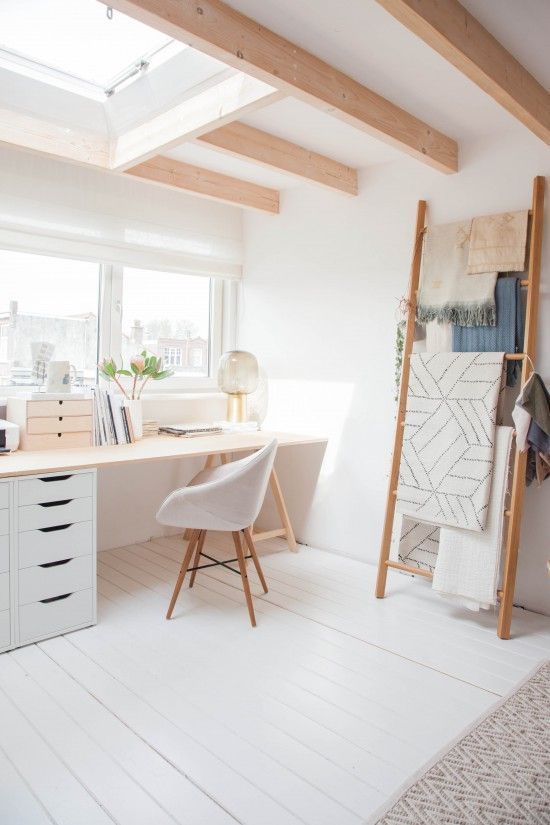
At home, there are different kinds of noise that may affect our concentration – neighbor’s dogs barking, siblings fighting, ongoing construction across the street, the deafening rock music blasting from your brother’s bedroom, and more. Daily exposure to train noise pollution can also be stress-inducing. All of these noises can affect the quality of sleep and study.
Eliminating the noise completely may not be possible. However, there are ways on how these unnecessary sounds can be reduced. One is by soundproofing the room or the entire house, especially if there is too much noise coming from outside. This first step can already reap benefits in terms of the quality of rest and your productivity in studying.
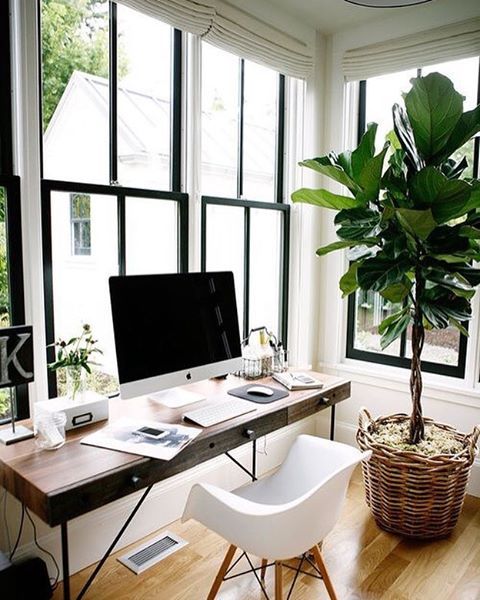
How to Create an Ideal Study Environment
If you find yourself battling noise and other distractions, you need to revamp your study space. Here are some tips on how to make your study environment more conducive to learning:
Separate entertainment from study
For starters, take the television or video game console outside the study area. Having these things lying around the study room will tempt you to put down your books and grab the remote. If you live with other people, ask them not to turn the TV on while you’re studying – or at least, tell them to keep the volume down.
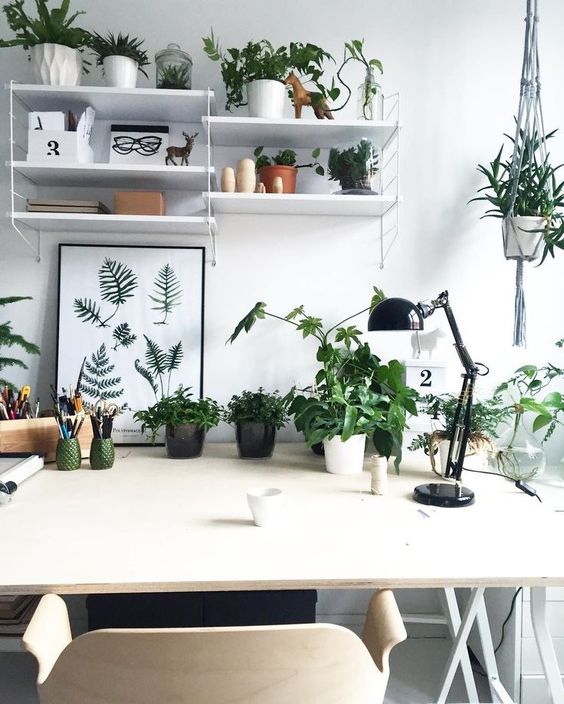
Stick to a schedule
Give yourself ample time to study and a separate time for play. No matter how organized and peaceful your study area is, you won’t get the results that you want if you throw the schedule book out the window.
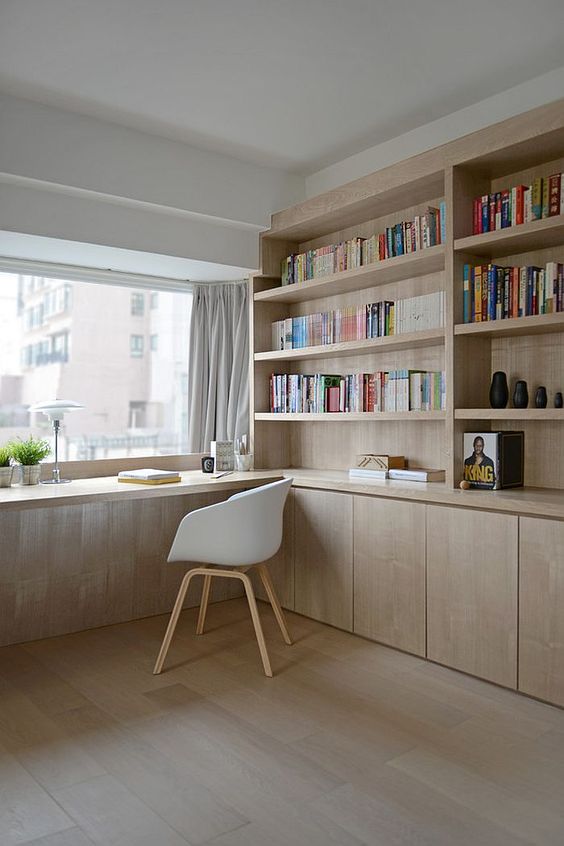
Design for focus, not for flair
Follow a study room design that is visually encouraging and devoid of any distractions. You don’t really need to add exquisite décor or a lava lamp inside your study area. All you need are your reading materials, some writing instruments, a tabletop surface, a comfortable chair, and other study-related stuff.
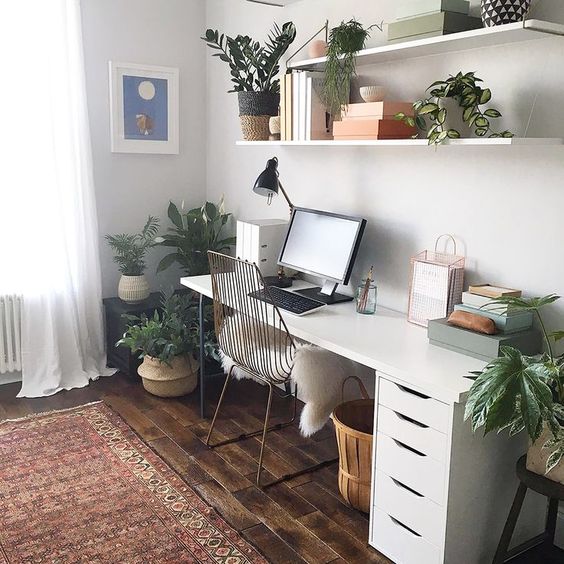
Consider listening to music, but with caution
Some people believe in the power of music to calm the mind and prepare it for receiving information while studying. However, other people say that it distracts them from learning because their minds would be wired to listen to the sound instead of studying.
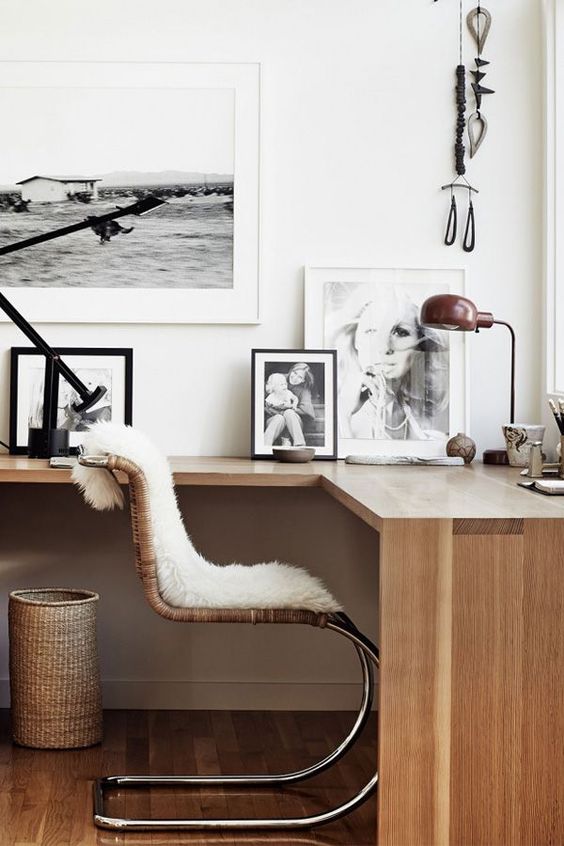
You may try listening using your earphones, and check if music helps you study better. If not, then go for absolute silence.
Install soundproofing
High-ceiling rooms do not offer acoustical balance, and so there may be a need to use high-quality soundproofing materials to eliminate the noise inside. It’s probably best to consult soundproofing experts or contractors who do these types of jobs so that they can explain how they can help you get rid of distracting noise.
The best way to create a learner-friendly environment is to understand what the existing stressors and distractions are, and try to eliminate them completely.
